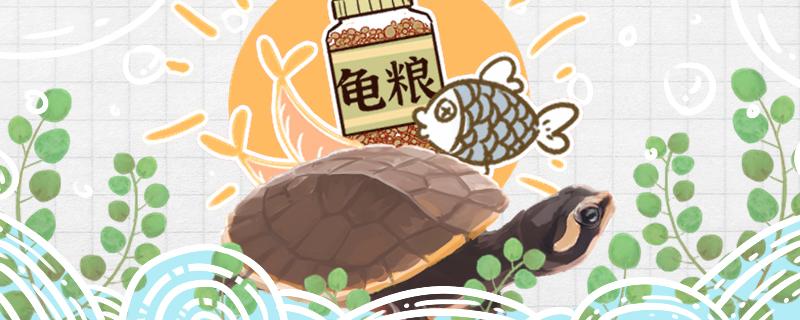 1. Do round turtles eat fish feces
1. Do round turtles eat fish feces Round turtles do not eat fish feces. Although they eat miscellaneous food habits, they generally do not eat fish feces, and few turtles will eat fish feces unless they are extremely hungry.
There are many kinds of food that the tortoise can eat, and the common animal feed is small fish, shrimp, red worm, lean meat, bread worm, animal viscera, Tenebrio molitor and so on. You can also eat some plant feed, such as lettuce, cucumber, pumpkin, apple and so on.
2. What does the tortoise eatThe tortoise eats many kinds of food, which can be simply divided into three categories, namely animal feed, plant feed and synthetic feed.
1. Animal feed: The tortoise prefers animal feed, because this feed contains a lot of protein and fat, which can meet most of the nutrients needed for their growth and development. The more common animal feed is small fish, shrimp, emaciated, animal viscera, red worms, bread worms and so on.
2. Plant feed: Although the tortoise is not particularly interested in plant feed, the breeder should feed it regularly to ensure balanced nutrition. The plant feed suitable for round Australian turtles is lettuce, cucumber, lettuce, pumpkin, banana, apple, watermelon and so on.
3. Synthetic feed: This kind of feed is relatively simple, mostly synthetic, which can replace staple food for a short time, but it is best not to feed for a long time, which is prone to malnutrition.